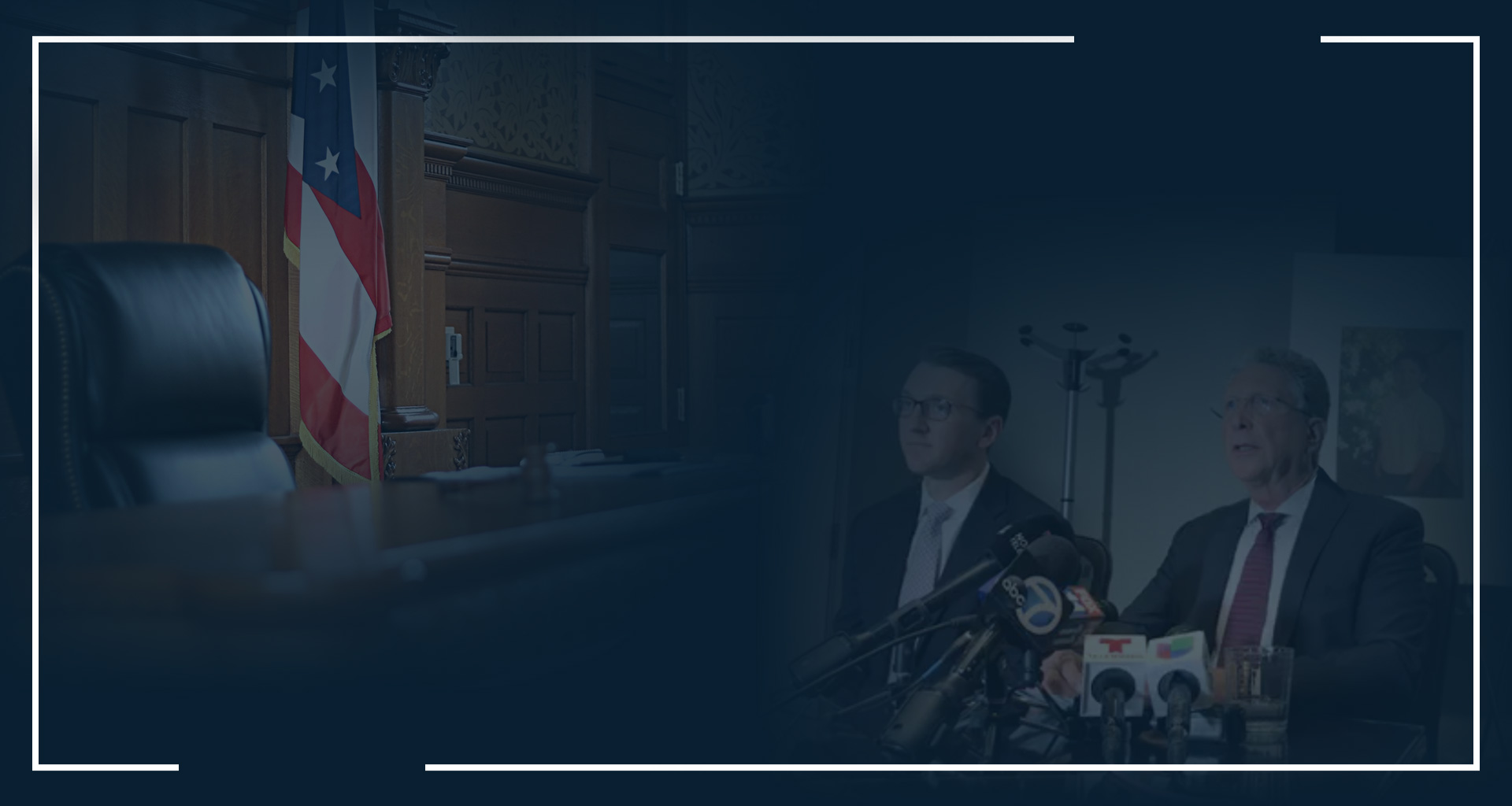For many survivors of child sexual abuse, the decision to pursue legal action is not only about seeking justice—it is also about reclaiming their voice and holding perpetrators accountable. However, one of the most common concerns survivors have is: “What if I don’t want everyone to know my name?”
The good news is that the legal system provides certain options for survivors who want to maintain their privacy while still pursuing a lawsuit. At The Zalkin Law Firm, LLP, we understand how sensitive these cases are, and we work to protect the dignity, safety, and emotional well-being of every client.
Below, we explain how anonymity works in lawsuits involving child sexual abuse, the challenges survivors may face, and the protections that are often available.
Why Privacy Matters to Survivors
Coming forward as a survivor of sexual abuse takes enormous courage. Unfortunately, survivors often worry about stigma, judgment, or retaliation from their abuser or others. Many fear that being identified publicly could affect their personal lives, careers, and relationships.
Maintaining privacy is not about hiding—it is about giving survivors control over their story. That control can make the process of seeking justice less overwhelming and more empowering.
Using a Pseudonym in a Lawsuit
In many child sexual abuse cases, survivors are permitted to file a lawsuit under a pseudonym, such as “Jane Doe” or “John Doe.” This means the survivor’s real name does not appear in publicly available court records, and news coverage typically refers to the pseudonym instead of the individual’s identity.
Courts generally allow pseudonyms in cases where the subject matter is extremely sensitive, such as sexual abuse. Judges weigh the survivor’s right to privacy against the public’s interest in open court proceedings. When it comes to protecting minors and adult survivors of childhood abuse, many courts lean in favor of anonymity.
When Complete Anonymity May Not Be Possible
While pseudonyms can shield a survivor’s name from public disclosure, certain parties in the lawsuit—such as the judge, attorneys, and the accused—will typically know the survivor’s identity. This is necessary for the case to move forward and for the defense to respond.
Additionally, while court filings may use pseudonyms, some hearings or testimony might still carry a risk of exposure, especially if media are present. However, skilled attorneys can often request protective orders to minimize the chance of a survivor’s identity becoming public.
Protecting Survivors Through Court Orders
Beyond pseudonyms, courts can issue protective orders to limit the disclosure of sensitive information. These orders might:
Prohibit lawyers or parties from sharing the survivor’s identity outside of the case.
Seal certain records so they are not accessible to the public.
Limit what information can be shared in open court.
These protections can significantly reduce the risk of unwanted exposure and help survivors feel safer when pursuing their claims.
Working With an Experienced Survivor Advocate
Every case is unique, and the degree of privacy available depends on the jurisdiction, the court, and the specifics of the lawsuit. That is why having an attorney who understands the complexities of child sexual abuse litigation is so important.
At The Zalkin Law Firm, LLP, we not only fight for survivors’ legal rights, but also prioritize their privacy and well-being. We work with clients to:
- Evaluate whether pseudonyms or protective orders are appropriate in their case.
- File motions to protect their identity.
- Anticipate potential challenges and prepare strategies to safeguard confidentiality.
- Support them throughout the legal process with compassion and respect.
Taking the Next Step Safely
Deciding to come forward is a deeply personal choice. Survivors deserve the ability to seek justice without sacrificing their right to privacy. While no system is perfect, legal tools like pseudonyms and protective orders give survivors options that can make the process less intimidating.
If you are considering legal action but are worried about staying anonymous, know that you are not alone. At The Zalkin Law Firm, LLP, we are here to guide you through the process, protect your identity as much as possible, and fight for the justice you deserve.
Contact us today to schedule a free consultation.

